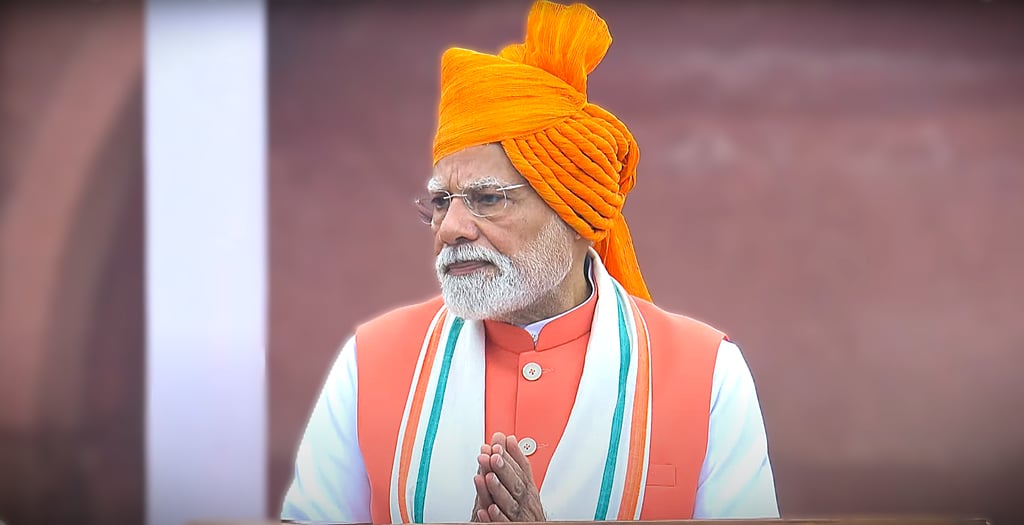US Cancels India Trade Talks | Rising Tariff Tensions and Modi’s Self-Reliance Push
The US has canceled trade talks with India, escalating tariff tensions as new 50% duties loom. Modi responds with a call for self-reliance.
Raja Awais Ali
8/17/20252 min read


US Cancels India Trade Talks, Escalating Bilateral Tensions
The trade relationship between the United States and India has entered a new phase of uncertainty after Washington announced the cancellation of high-level talks that were scheduled to take place in New Delhi from August 25–29, 2025. The decision, confirmed on August 17, underscores deep divisions between the two sides and signals one of the most serious downturns in bilateral ties in recent years.
The cancellation comes just days before new US tariffs of up to 50% on Indian goods are set to take effect on August 27. These include an earlier 25% tariff, now compounded by an additional 25% penalty, directly targeting sectors such as textiles, gems, footwear, and electronics. Analysts warn that the burden on Indian exporters could severely disrupt trade flows, reduce competitiveness, and put thousands of jobs at risk.
The United States has been pressing India to open its protected agricultural and dairy sectors to American companies while also halting imports of Russian oil. New Delhi, however, has firmly rejected these demands, calling them an infringement on its sovereignty. Indian officials argue that the country’s energy needs cannot be compromised and point out the double standards in Western nations maintaining various forms of trade with Moscow while penalizing India for the same.
The implications of this standoff extend well beyond trade. Economists caution that India may face slower GDP growth, a weaker rupee, and higher inflation if the tariff war escalates further. Foreign investors, already wary of global uncertainty, could begin pulling capital from Indian markets, compounding economic pressures at home.
Diplomatically, the fallout raises concerns about the future of strategic partnerships such as the Quad, which has positioned the US and India as central players in balancing power across the Indo-Pacific. The abrupt halt in trade dialogue reflects a broader rift in trust and cooperation, casting doubt on whether the two democracies can reconcile their competing priorities anytime soon.
In response, Prime Minister Narendra Modi used his Independence Day address to rally support for Swadeshi, or self-reliance. He stressed that the livelihoods of farmers, fishermen, and livestock rearers would not be sacrificed for trade concessions. Modi emphasized the importance of boosting domestic production in critical industries, including fertilizers, electric vehicle batteries, and jet engines, as part of his broader vision for an “Atmanirbhar Bharat” (self-reliant India).
Looking ahead, India may seek to recalibrate its economic strategy by diversifying export destinations, strengthening regional trade networks, and pursuing closer partnerships with alternative powers such as Russia and China. For now, however, the absence of a new date for the postponed US visit leaves the future of bilateral trade talks hanging in uncertainty.
This latest setback underscores how economic nationalism and geopolitical rivalries are reshaping global commerce. Unless constructive dialogue resumes, the rift between Washington and New Delhi may deepen further, with lasting consequences for both economies and the wider world.